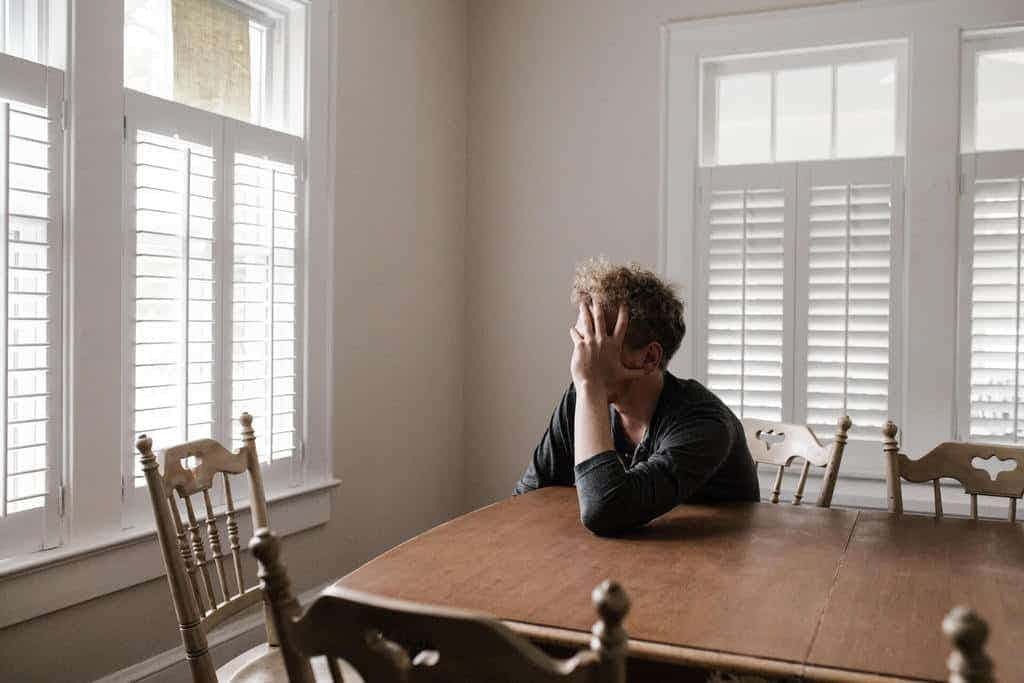We are all susceptible to loneliness. It isn’t something that hits at a particular time in our lives, although some life stages do certainly come with an increased risk of feeling alone.
Previously, we talked about different ways to deal with loneliness. But when we look further into life stages, and age and loneliness, what can we learn? And how can we anticipate and combat the effects loneliness has on us?
Does Loneliness Increase With Age?
To put it in broad terms, loneliness can increase with age. The NHS tells us that more than a million older people go a month or more without speaking to friends or family. It doesn’t take a scientist to understand that this lack of contact with the special people in our lives could have a profound effect.
The truth is, we’re all enjoying a longer life these days. And while that is something to be thankful for, we experience a whole range of complex situations as we age. Some of those are the plain to see health problems. Others are emotional or psychological. By being aware of these, we can work towards living a fuller life.
And it’s true, loneliness can increase with age. From somewhere around our fifties seismic changes happen. If we have them, children will probably be leaving home. We’ll retire. Just these two life events can cut us off from society at large and bring us one step removed from family and friends.
What Are The Reasons For Loneliness In Old Age?
Big changes to our lifestyle in terms of work and children can get the ball rolling from around our fifties onwards. But what about the years to follow? There are new changes to consider along the way.
If we think about it in terms of decades, 86% of people over 60 say they’re unhappy in their relationships according to Age UK, which is the lowest figure of all age groups. Move on ten years to our mid-70’s, and by this time almost half of us live alone.
Going back to the reasons for loneliness in old age, you can see how it may sneak up on you as your life changes. You retire, kids leave home or maybe move elsewhere. Friends may pass away, and you could start to suffer from health issues that limit your mobility. All these factors can slowly start to contribute to a sense of loneliness.
What Impact Does Loneliness Have On Lifespan?
Loneliness isn’t a pleasant state to be in. In turn, it can lead to depression and anxiety, which may exacerbate a sense of powerlessness. While you’re feeling like this, it could be harder to get out into the world to find connections with others.
Some studies have shown the loneliness can shorten our lifespan too. After all, physical and mental health are intrinsically interlinked. Feeling lonely can trigger stress hormones as well as negatively impacting our daily habits, from sleep to eating well and taking regular exercise.
That doesn’t mean that loneliness in old age is inevitable and we should bow down to it. There are positive ways to turn this on its head and enjoy our later years. And after all, we've earned it! We deserve to embrace our old age with positivity and indulge in the things that make us feel happy. By reconnecting with those, and taking time to build up our support network, we can approach over the fifties, sixties, seventies and beyond with confidence.
Yes, everyone is different. If you’re naturally introverted or simply don’t prize social interaction, you can still get lonely when you’re older. But whatever kind of person you are, it’s important to maintain the social connections you need to feel content. Ultimately, it’s about stopping loneliness in its tracks beforehand, rather than taking action when we feel lonely.
What Is The Loneliest Age Group?
Older people aren’t the only ones to feel lonely. It’s an issue that affects people of any age group, and it’s important to recognise that it’s nothing to be ashamed of, as an “old person problem.”
We all need support and social interaction. It’s human nature. It’s interesting to see from studies how the nature of loneliness changes throughout our lifetime though. We already know that around half of people 75 or over live alone, so you may presume that this is the loneliest age group. But it’s interesting to get further context. For example, in this age group, social interactions are viewed in quality rather than a quantity basis. We don’t expect to see as many people as often at this time. And we value the time we do get with other people, whether that’s friends or family.
There are methods to maintain those social connections, regardless of our age or physical wellbeing. Technology opens up new ways of chatting to people online or on our smartphones. There are also groups you can join to build new friendships and bolster your social circle.
Most importantly, be kind to yourself and remember that loneliness is something we all feel at one time or another. Certain circumstances that come with age can trigger this, but it doesn’t have to be a given. The stats for loneliness in old age are something we can use and work with to develop strategies to cope. You don’t need to do something that feels uncomfortable if you’re naturally introverted either. There are little ways to make a big difference in your life. The main thing to remember is that you need to fight loneliness. And you deserve to feel happy and connected.






